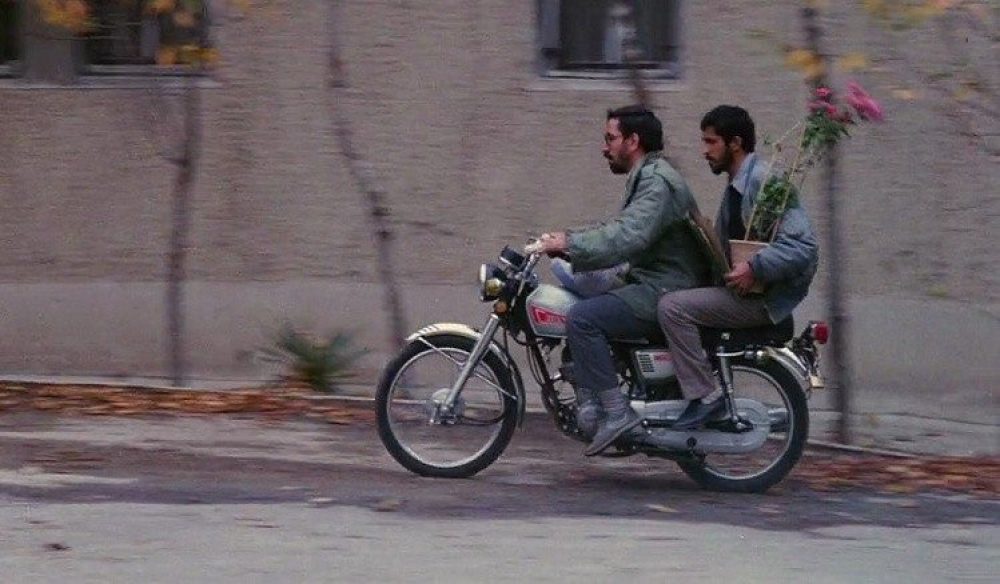In a world where communication is becoming practically instantaneous regardless of physical location, any entity that claims to be modern must be a part of that global connection. However, even in a supposedly thriving metropolises of modernity like the U.S. there are entire communities without access to broadband internet. Can a person who has never traveled beyond the ten mile radius of their small town really be considered a part of the modern world? How could they not, though, when they regularly consume products and knowledge manufactured thousands of miles away? Thus, I feel that maybe the concepts of modernity and pre-modernity can coexist within the same community or even the same individual.
Such is the case in Lerner’s “The Grocer and the Chief” in which the grocer, is seen to be capable of and even eager to embrace the cultures found outside of Balgat, yet never lives to see anything beyond his rural, secluded life. On the other hand, the chief, who has the more stereotypically “traditional” views and is content with his small life in his little village is the one who comes to be living in a modern city with radios and haberdasheries and buses. Both characters are distinctly modern, and yet, distinctly lack a fundamental aspect of modernity. Although they are presented as opposites in the beginning of the essay, it is through such a lens that they are revealed to be fundamentally the same, in their equally modern and pre-modern worlds.

This blog post offers a profound examination of the paradoxical coexistence of modernity and its fundamental lack in the contemporary world. The author’s astute observations highlight the intricacies of this dynamic, prompting readers to reconsider their understanding of modernity. It’s refreshing to encounter such insightful analysis that challenges conventional wisdom. Kudos to the author for tackling such a complex topic with clarity and depth!
The Fundamental Lack of Modernity in the Modern World and How They Coexist | Iran, Islam, and the Last Great Revolution Fall 2018
What is the fundamental aspect of modernity that you believe both the Chief and the Grocer are lacking? I’m also curious about your question whether a person who has never left their small town really be considered part of the modern world. Your discussion of modernity seems to suggest that ‘modern’ = connected, whether through consumption, information, or experience, and ‘pre-modern’ = only connected to things that are very local. What is the implication of connection; is there something deeper than just a greater awareness/ link to other places that makes a state of modernity qualitatively, rather than just quantitatively, different from a pre-modern life?